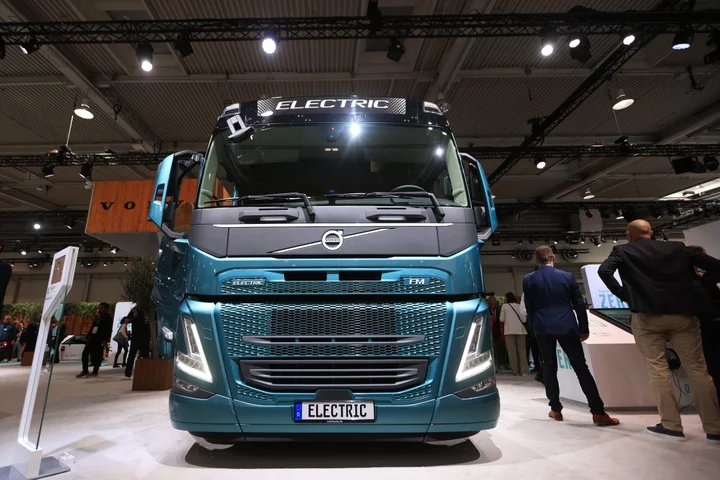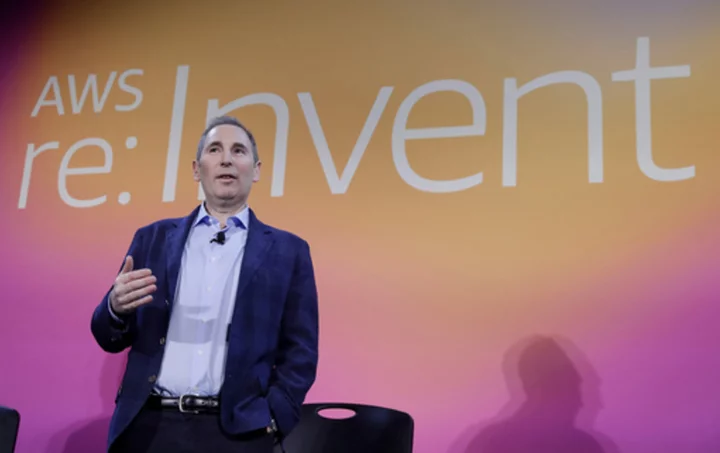Companies including PepsiCo Inc. and Nike Inc. are calling for the European Union to implement stricter emissions targets for trucks, which the firms say will lower costs in the long run.
The EU should boost emissions cuts in the trucking sector to 65% by 2030, from the 45% level currently proposed, 41 businesses said in a letter to the bloc’s lawmakers and member states. The companies, which include Nestle SA and A.P. Moller-Maersk S/A, also want the EU to set a clear date for 100% of new trucks to produce zero emissions.
Truckmakers already have voluntary emissions commitments, but firms that rely on the vehicles want regulators to bolster the targets as the bloc pushes them to implement their own energy-transition plans. Decarbonizing road transport is a key pillar of the EU’s Green Deal to reach net-zero by the middle of the century.
“While we want to start purchasing more zero-emission trucks, they are currently not yet available at sufficient scale,” the companies said in their letter. “We now ask for your support to ramp up their production.”
Under a proposal by the European Commission in February, niche vehicles — like those used by fire services or garbage trucks — can receive an exemption to the rules. The companies called for legislators to end the carve-outs.
For truck manufacturers, the transition for heavy vehicles is particularly challenging as their weight makes them difficult to electrify, and hydrogen is still in an early stage.
Germany’s Daimler Truck AG aims to sell only C02-neutral trucks by 2039. In Europe, the company’s main Mercedes-Benz truck brand aims to increase the share of new such vehicles to more than 50% by 2030. Its first electric truck for long-distance transport is set to make its debut in October.
Sweden’s Volvo AB is aiming for 50% of its global sales of new trucks to be electric in 2030, and 100% to be net-zero by 2040. While Volvo sees itself as the market leader in Europe and North America, electric trucks accounted for 1.3% of its first-quarter sales. The manufacturer is scaling up output.
--With assistance from William Wilkes and Rafaela Lindeberg.









